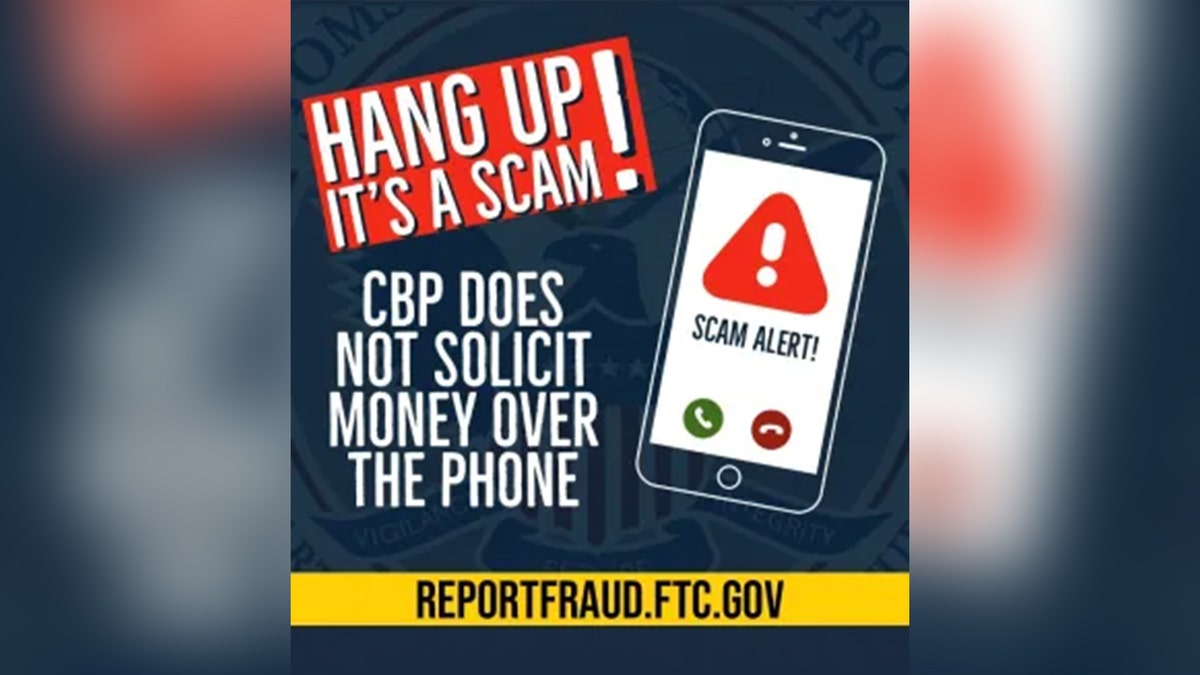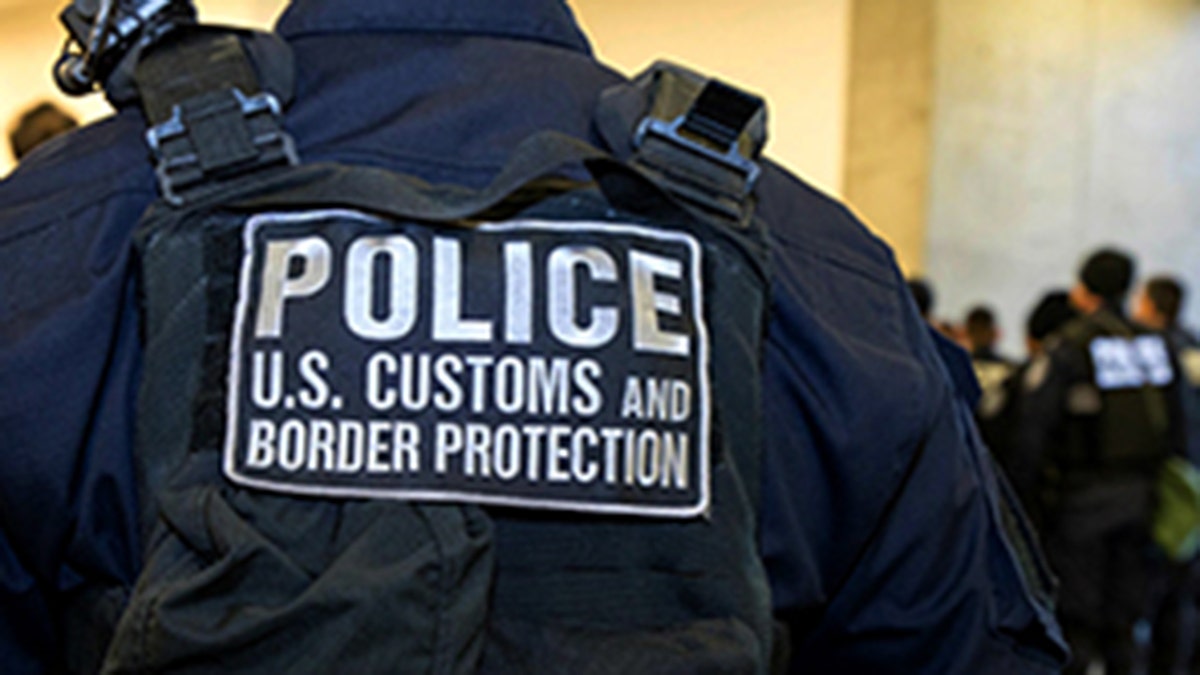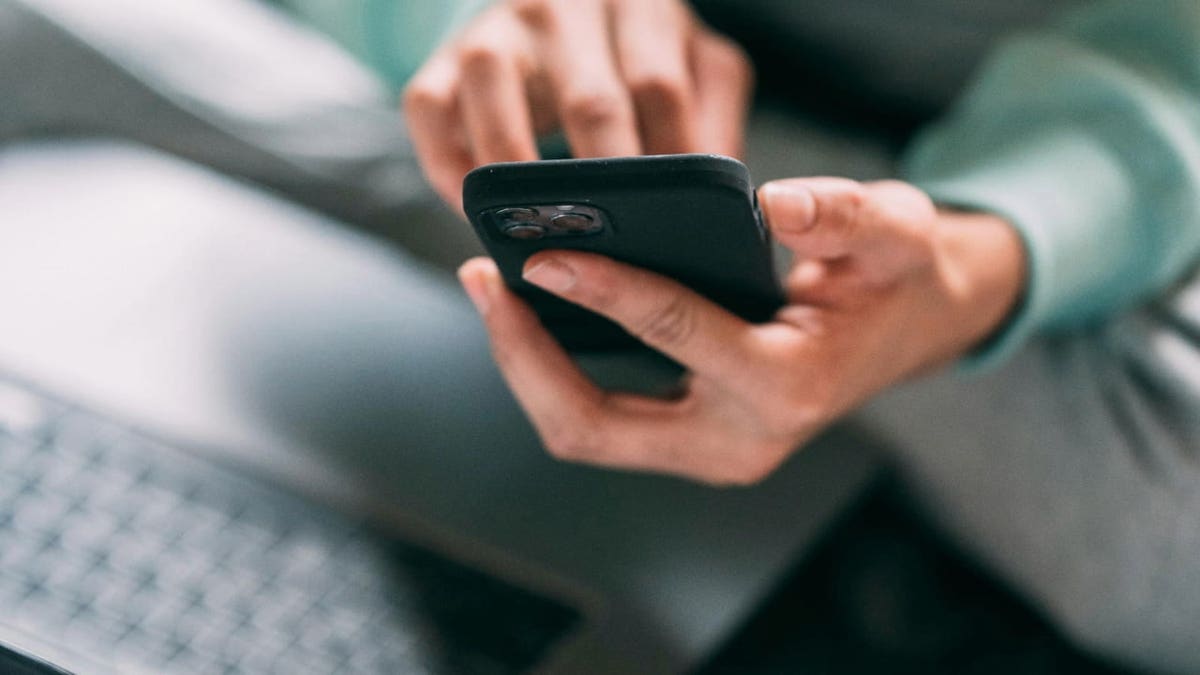U.S. Customs and Border Protection (CBP) has issued a renewed warning about a pervasive phone scam targeting individuals across the country. These fraudulent calls aim to trick people into divulging sensitive personal information that could compromise their financial security.
The scammers impersonate CBP officers and Border Patrol agents, employing deceptive tactics such as promising monetary rewards for information or threatening imminent law enforcement action. This follows a previous surge in such scams reported in November.

CBP clarifies that they would never contact suspects or victims by phone to solicit money or Social Security numbers. "CBP will not make calls threatening citizens with law enforcement action or offering money for information," emphasized Rod Hudson, CBP Houston Acting Director of Field Operations. Any such calls, regardless of how convincing the caller may seem, should be considered fraudulent.
The scammers have even resorted to using the names and publicly available phone numbers of real CBP employees to enhance their credibility. Some have also fabricated case and badge numbers to further deceive their targets.

The scam often begins with a pre-recorded message claiming that a shipment containing drugs or money has been intercepted with the target's name attached. The recipient is then prompted to press 1 to connect with a live “agent.” CBP urges anyone receiving such calls to avoid providing any personal information.

This type of scam, known as phishing, attempts to trick individuals into revealing sensitive information. CBP offers these key reminders:
- CBP will not make unsolicited calls promising money or making threats.
- CBP never requests payment via gift cards, cryptocurrency, or wire transfers.
- Caller ID can be easily spoofed, so don't rely on it for verification.
- To verify the legitimacy of a call or email, independently search for the official CBP website and contact information.
Report suspected phone scams to the Federal Trade Commission.
Comments(0)
Top Comments